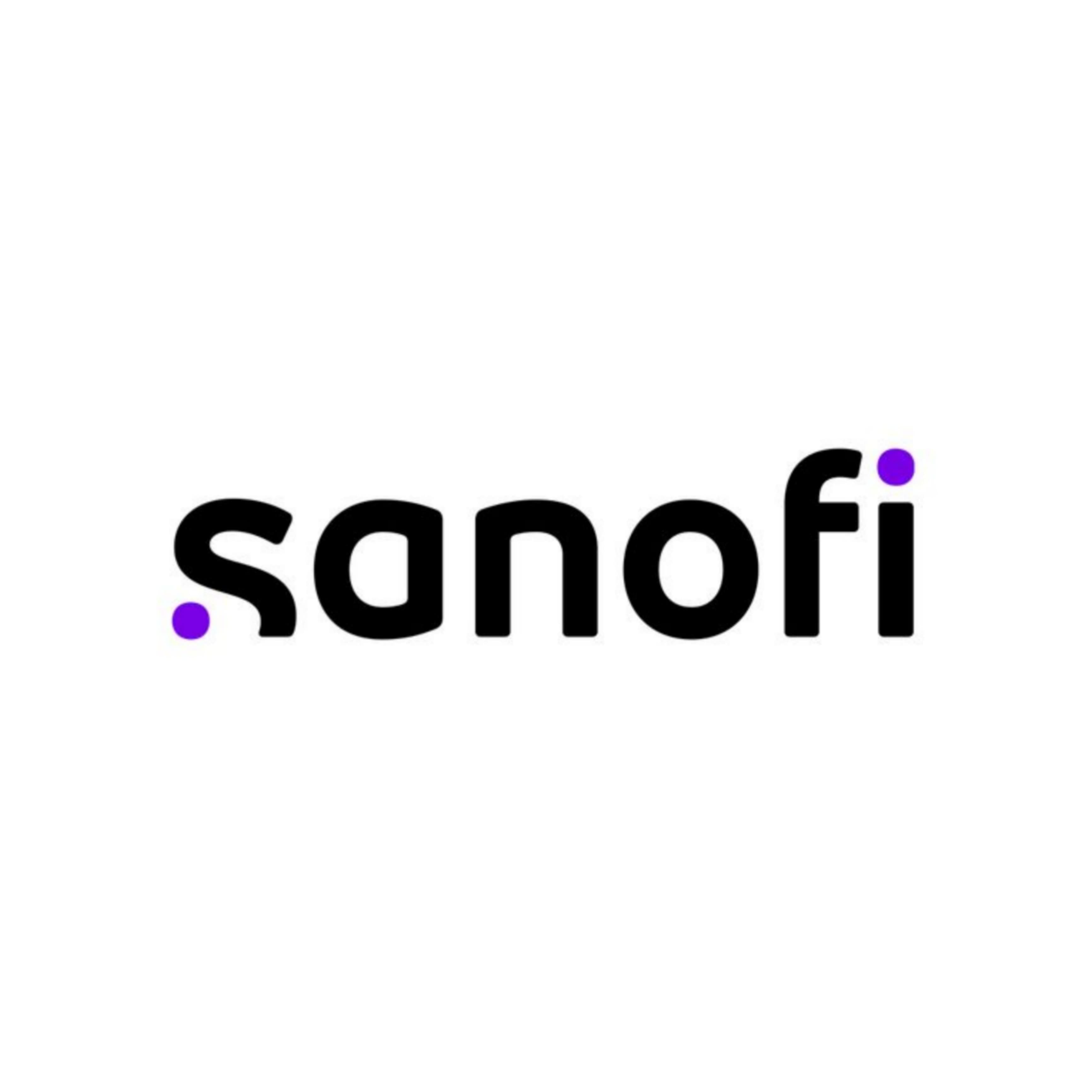
Lets get started finding your next job :]

Sanofi

Health ± 100,000
Website +33153774000 email
Job Openings +89
AI Review
Match CV
Trajectory
-
In Taiwan(Associate) Medical Manager
-
In Taiwan(Senior) District Manager - Dupixent (North)
-
In Beijing, China Shanghai,......Ability+ Recruitment (Internal Referral Channel)
-
In ParisAccelerator Data Science (Paris)
-
In Tulsa, Oklahoma CityArea Business Manager - Allergy - Tulsa, OK YAS6V02S
-
In Nassau County, New YorkArea Business Manager - Vaccines - Nassau County (Remote)
-
In GeelArea maintenance technician
- Associate Director Principal Medical Writer
-
In Morristown, New Jersey |......Associate Director, Market Access Excellence
-
In Cambridge, MAAssociate Director, Marketing - Alpha-1 Antitrypsin Deficiency Launch
-
In TuasAssociate Engineer
- Automation Manager
-
In Val-de-ReuilBatch Release Specialist
-
In Frankfurt am MainCalibration Lead IFf/InsuLink (all gender)
-
In Framingham, Massachusett......Clean Utilities Maintenance Technician
-
In Riells and ViabreaContinuous Improvement Specialist
-
In BudapestControlling Operations GBU Senior Financial Analyst
-
In Cambridge, MassachusettsDigital Product Owner – Patient Find and Diagnose
-
In Cambridge, MassachusettsDirector, Field Sales Effectiveness-Analytics
-
In Cambridge, MassachusettsDirector, US Advanced Analytics – Dermatology, Respiratory and Gastroenterology
-
In Vitry-Sur-SeineDSP Production Technician
-
In BudapestEvents & Engagements Specialist
-
In Mexico CityFinance Transformation Projects Analyst - VIE Contract
-
In BudapestGlobal Clinical Vendor Manager
-
In BogotáGlobal Head of Controlling Operations R&D Development Delivery
-
In BarcelonaGlobal Lead - MRCI Research Library
-
In BarcelonaGlobal Process Expert – Claims and Disputes
-
In Cambridge, MAGlobal Scientific Communication Director, Neurology
-
In Cambridge, MassachusettsHead of Global Investigative Toxicology
-
In Cambridge, MassachusettsHead of Procurement External Manufacturing Specialty Care and Pasteur
-
In Morristown | New Jersey ......Head of PSS Enterprise Delivery Office
-
In Frankfurt am Main,Intern in Drug Regulatory Affairs
-
In TokyoJapan Project Head (Vaccines)
-
In BeijingM&S-Head of Automation & Manufacturing Systems-Beijing
-
In BeijingM&S-QC Specialist-Beijing
-
In WaterfordManufacturing Operations Manager
-
In EspooMarket Access Manager
-
In Gobernador Juan E. Martí......Market Access Manager Lead
-
In TokyoMedical Manager
- Medical Science Liaison - Northeast
-
In HangzhouMedical-Senior Medical Science Liaison-Hangzhou
- MSAT Process Data Engineer Trainee (Career Conversion Program)
-
In Mexico CityPA Pharma Manager Mx
-
In ShanghaiPAMA Strategy & Planning Lead-Shanghai/Beijing
-
In ShanghaiPAMAT-RMA Project Manager-Shanghai
- Patient Education Liaison
-
In Kolkata, IndiaPatient Solutions Coordinator
-
In Budapest, HungaryPeople Services Senior Specialist
-
In GeelProcess operator
-
In Hyderabad, IndiaProject Manager – Sharepoint and Website
-
In CampinasQuality Systems Specialist
-
In Ba DinhRegulatory Affairs Manager
-
In Cambridge, MassachusettsRegulatory Strategist
-
In Morristown, New JerseyRegulatory Strategist
-
In Marcy-l'ÉtoileResearch Strategy Lead – Bacterial Science and Antigen Design
- Safety Associate - VIE Contract
-
In Sao PauloSanofi Talent Bank
-
In BarcelonaSAP S/4Hana Business Enablement Order to Serve lead
-
In ShanghaiSC-Medical Information Communication Specialist-Shanghai
-
In Cambridge, MassachusettsScientific Advisor - VIE Contract
Sanofi is headquatered at Sanofi Headquarters, 54 Rue La Boétie, 75008 Paris, France